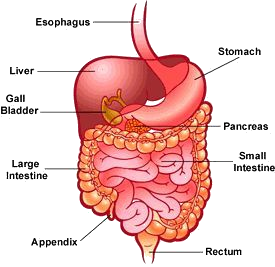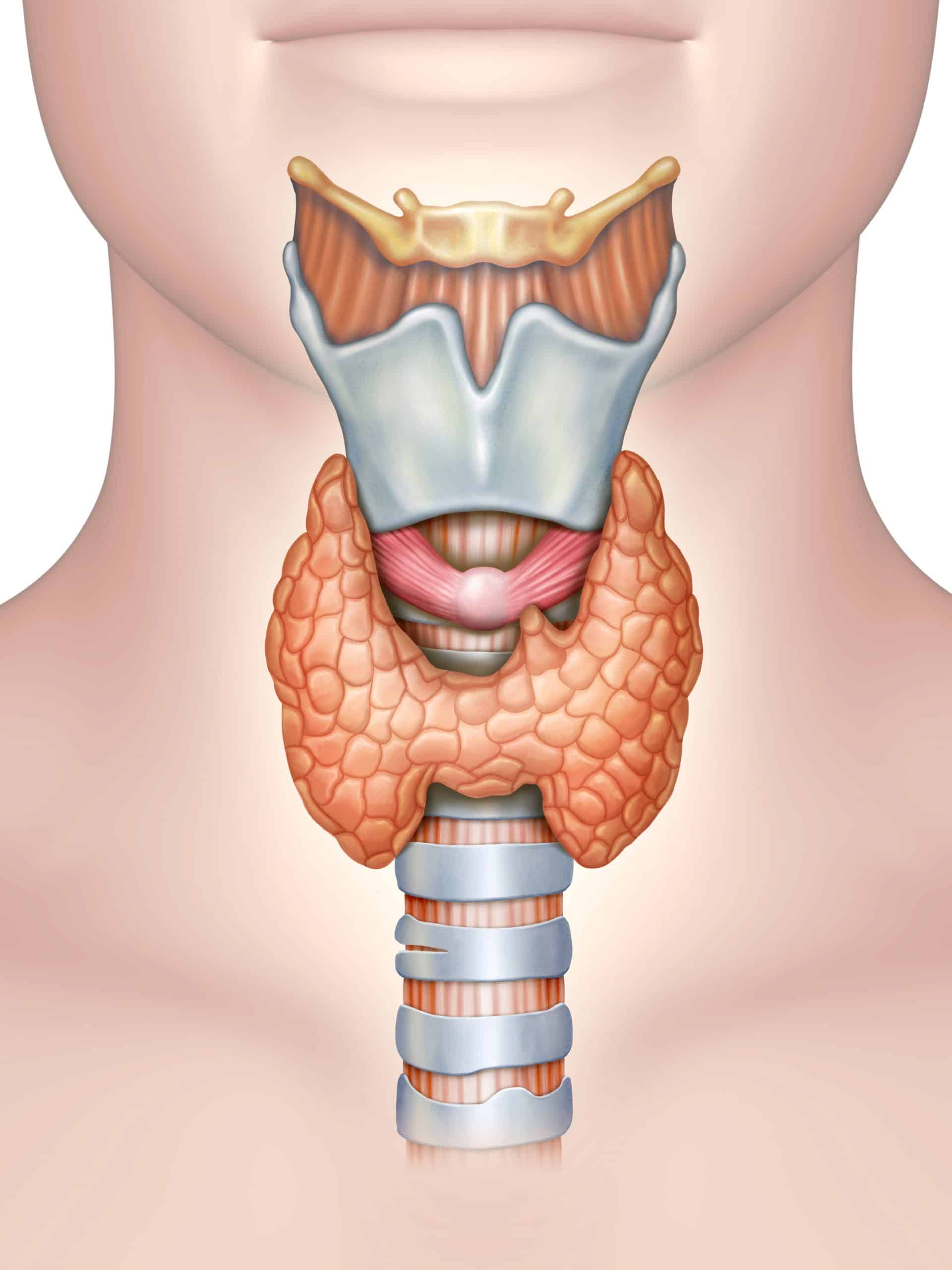Toxins from our food can build up in the digestive tract and cause changes in the bacterial balance in the gut with an overgrowth of pathogenic or unfriendly bacterium. These pathogenic germs produce bacterial toxins which in combination with the chemical toxins accumulated in our guts can affect our health in many different ways. They can cause not only digestive tract distress but also symptoms in many other organs. They can irritate the lining of the digestive tract causing inflammation. Irritation to the stomach lining can cause gastritis and stomach lining degeneration, which affect food digestion and nutrient absorption with symptoms of stomach pain, nausea, vomiting, bloating, belching and B12 deficiency. Irritation to the intestinal lining can cause increased intestinal permeability with symptoms of leaky gut and food allergies.

These toxic agents can also irritate the enteric nervous system, one of the main divisions of the autonomic nervous system, which governs the functioning of the digestive tract including the coordination of rhythm of the intestinal muscles contracting and relaxing as food moves through, ion secretion and absorption, and GI blood flow. When the stomach muscle contractions are disturbed, the lower esophageal sphincter can remain open and allow stomach acid to flow up into the esophagus causing heartburn or acid reflux. If the irritation causes the pyloric sphincter to become too loose, the muscular contraction of the stomach can prematurely propel partially digested food out of the stomach. This may generate a symptom of ever-present hunger, cravings for food, and compulsive eating. Interference to the enteric nervous function of the small and large intestine can cause the enteric nerves to overstimulate intestinal contraction. This results in an under-absorption of liquids and minerals with symptoms of diarrhea. Toxin irritation of the enteric nerves can also cause the nerves to under stimulate intestinal contractions and cause over-absorption of water and result in constipation.
*These statements have not been evaluated by the Food and Drug Administration. This product is not intended to diagnose, treat, cure or prevent any disease.
In order to ensure proper use of our high-quality herbal products, Wei Laboratories only sells to licensed health care practitioners.








